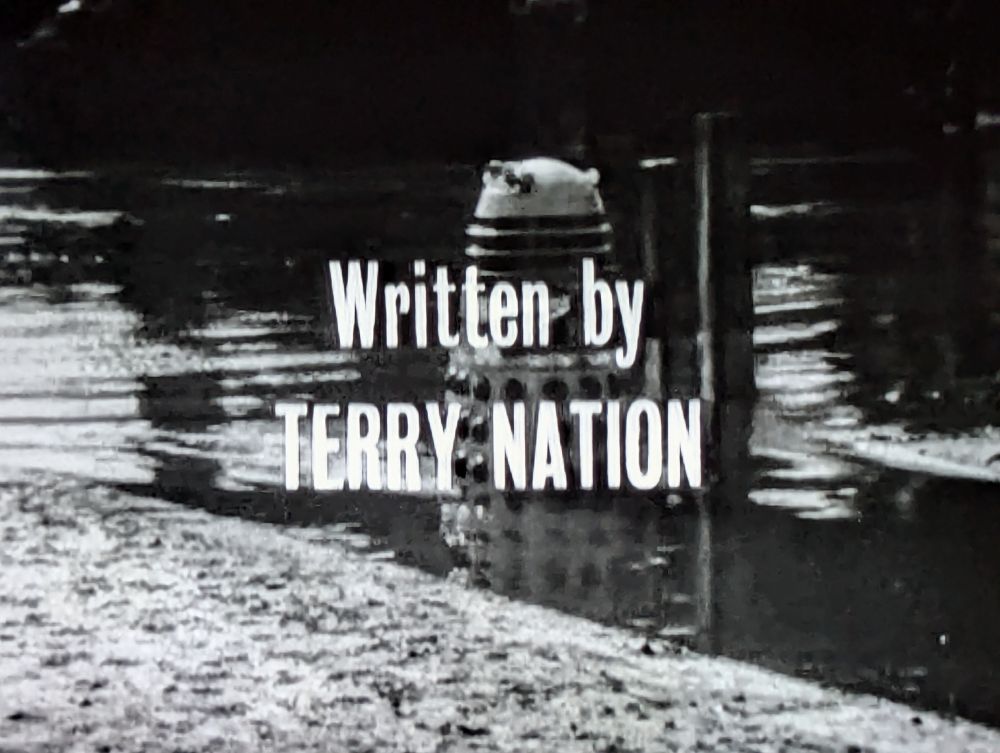Interesting video by Jessie Gender on the "redemption" of Syril Karn in Andor. It prompted some thinky thoughts I'd rather put here than throw at YouTube. (
Andor S2 spoilers)
I agree with Jessie's contention that white men are often treated with kid gloves when it comes to creating space for them to see the error of their ways, while marginalized people's lives are dismissed and errors castigated. Jessie cites the difference in fan discourse between sorrow that Syril died without a chance at redemption and near silence that Cinta (a queer woman of color) got summarily killed off. I'd add that this is partly because Syril is a better written character—but, then, white men have long been better written characters. That is evidence of her point.
But I'm frustrated by recent fandom's/leftwing YouTube's discourse on "redemption." I love a good redemption story; it's my favorite kind, but I think we need to dig deeper into the concept because, too often, it gets used without being explored.
"Redemption" is (at least primarily) a Christian concept. Traditionally, it refers to being saved from damnation, and this entails is a mix of personal responsibility and external acceptance. It requires personal responsibility in the form of actions like repentance of sins, penance, baptism, truly reformed behavior, etc. It requires external acceptance because ultimately it's God's to accept or withhold, and in many versions of Christianity, it cannot fully be attained without God's grace, that is, without that mystical quality of salvation that one cannot earn but is given.
When we use in secular discussions, as of characters like Syril Karn or DS9's Garak, or real people (Jessie mentions JK Rowling), we often end up with formulations like video commenter elanthys makes: "But not everyone deserves redemption, and not everyone who does gets it...." What does this actually mean? "Deserves" according to whom? "Gets" from whom? In the theological context, the answer is God. God can grant grace to someone who doesn't "deserve" it. (In traditional Calvinism, no one deserves it.) All redeemed people ultimately "get" it from God.
So who grants redemption in secular society? I think, by default, it usually translates to "us," the people having the conversation, the good people, the good leftists, the anti-fascists, etc. "We" judge that some do not deserve redemption. "We," sometimes in error, withhold it from those who may. What does it mean to be redeemed? In Christianity, it means heading to heaven. In the secular context, it means being socially forgiven, I guess? No longer cancelled, etc.? Slate wiped clean?
I do not trust myself to determine who metaphysically "deserves" anything. There are people I have not forgiven, but that says more about me than them. I do believe in accountability, which is, in essence, what Jessie is calling for. Accountability is a comparatively easy concept, if hard to achieve. If you've done harm, own it and take proportionally appropriate steps to repair it or—if it can't be repaired—do other, ideally related work to bring more good into the world.
Syril is never accountable for his actions. If he hadn't died and was to have a "redemption" arc, I think he would have had to spend the rest of his life trying to repair the damage or, more accurately, change the system so similar damage does not continue. But did he "deserve redemption"? I don't like the God-like insight that question presupposes.
Personally, I'm a Buddhist, and I prefer a Buddhist framework: that we are all on the path to awakening. We're just in different places, going at different rates, and taking different "side trails" to get there. The question of what we "deserve" is fairly meaningless. We are where we are; we carry the karma that we carry and work through it as best we can. And we can, to an extent, recognize that in each other and help each other through it.
